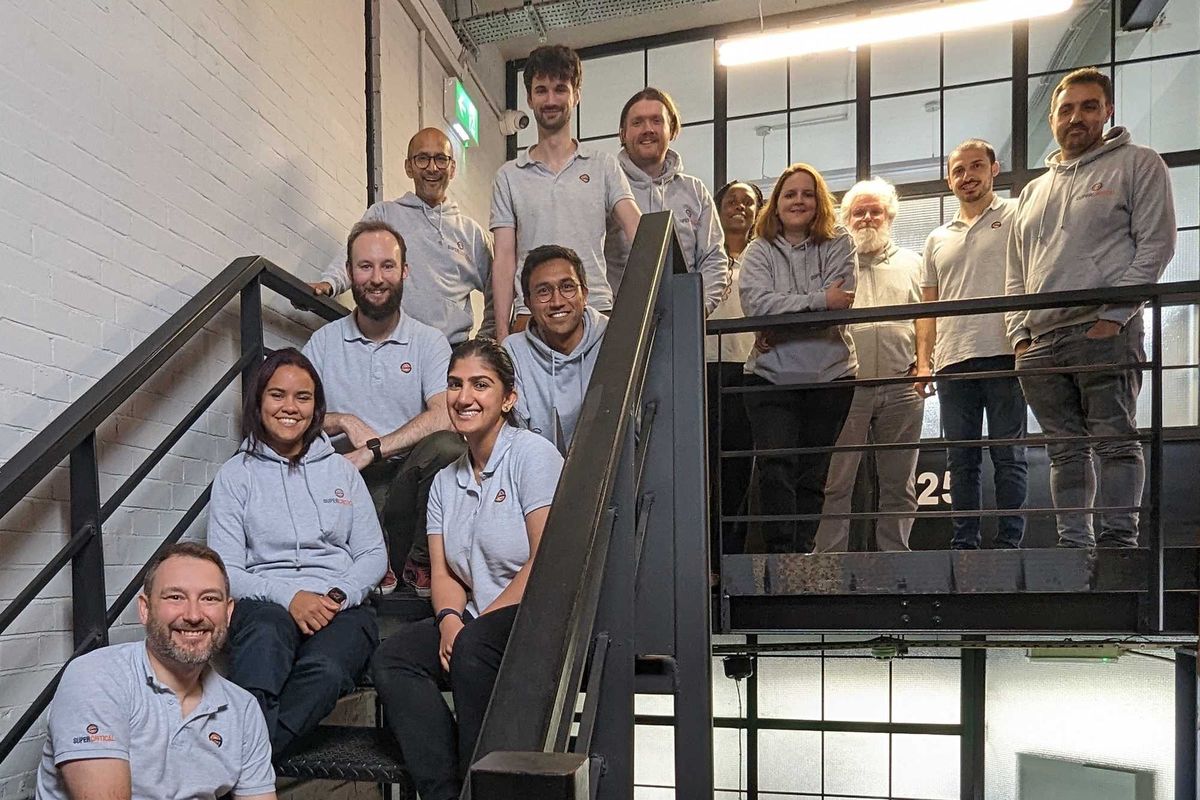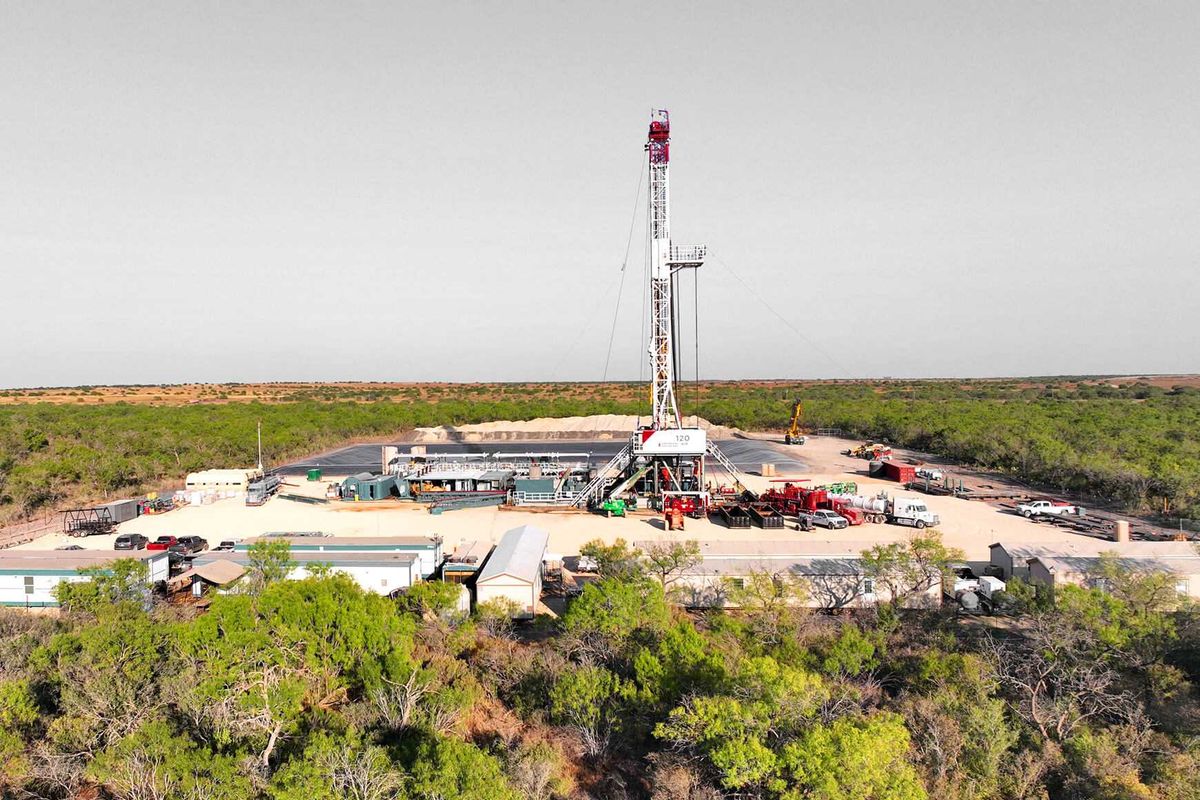Houston-based clean energy site developer raises $300M to decarbonize big tech projects
seeing green
Houston energy executives have started a new company dedicated to developing clean-powered infrastructure for the large electric loads.
Cloverleaf Infrastructure, dually headquartered in Houston and Seattle, Washington, announced its launch and $300 million raised from NGP and Sandbrook Capital, two private equity firms. The company's management team also invested in the company.
As emerging technology continues to grow electricity load demand, Cloverleaf has identified an opportunity to develop large-scale digital infrastructure sites powered by low-carbon electricity.
"The rapid growth in demand for electricity to power cloud computing and artificial intelligence poses a major climate risk if fueled by high-emission fossil fuels," David Berry, Cloverleaf's CEO, says in a news release. "However, it's also a major opportunity to catalyze the modernization of the US grid and the transition to a smarter and more sustainable electricity system through a novel approach to development.
"Cloverleaf is committed to making this vision a reality with the support of leading climate investors like Sandbrook and NGP."
Berry, who's based in Houston, previously co-founded and served as CFO at ConnectGen and Clean Line Energy Partners, clean energy and transmission developers. Last year, he co-founded Cloverleaf with Seattle-based Brian Janous and CTO Jonathan Abebe, who most recently held a senior role at the United States Department of Energy. Nur Bernhardt, director of Energy Strategy at Microsoft who's also based in Seattle, rounds out the executive team as vice president.
"The large tech companies have become dominant players in the electricity sector, and they are genuinely determined to power their growth with the lowest possible emissions," Janous, who serves as chief commercial officer, says in the release. "Achieving this objective doesn't depend on disruptive new technologies as much as it does on dedicated teams working hand in hand with utility partners to maximize the use of the clean generation, storage, and other technologies we already have."
Cloverleaf will work with regional U.S. utilities and data center operators to provide clean electricity at scale through strategic investments in transmission, grid interconnection, land, onsite power generation, and electricity storage, per the release.
"The sustainable development of digital infrastructure at scale is fundamentally a technical power problem," Alfredo Marti, partner at Sandbrook, adds. "We have witnessed members of the Cloverleaf team effectively address this challenge for many years through a blend of creativity, specialized engineering, a partnership mindset, and astute capital deployment."
- Two Texas coalitions part of $7B solar power federal grant program ›
- Houston initiative selected for DOE program developing hubs for clean energy innovation ›
- Chevron launches $500M clean energy fund to target low carbon fuels, advanced materials ›
- Report: Solar tops coal in Texas for energy generation for the first time ›
- Exclusive: Houston clean energy accelerator names 4th cohort of early-stage tech companies ›
- Cemvita expands clean hydrogen company to Brazil - Energy Capital ›










